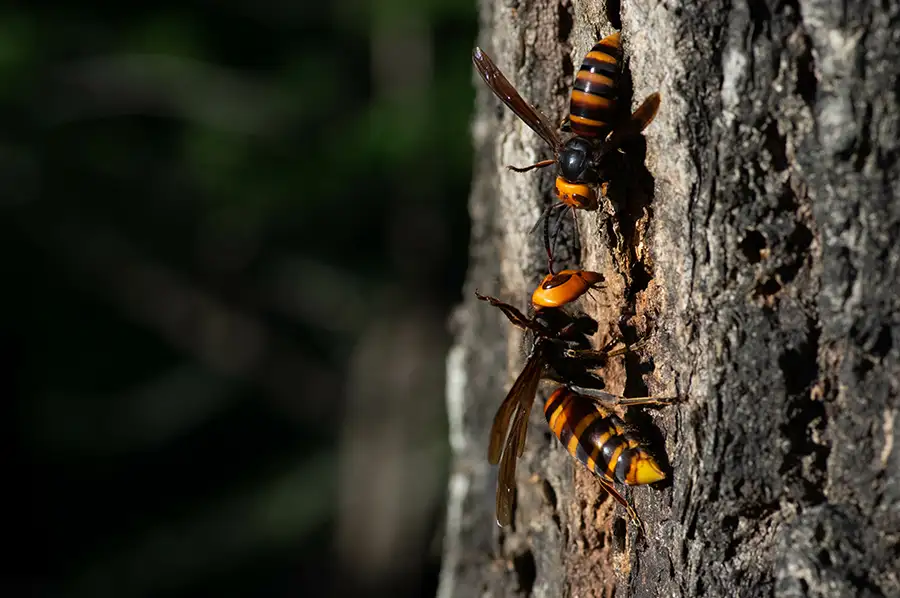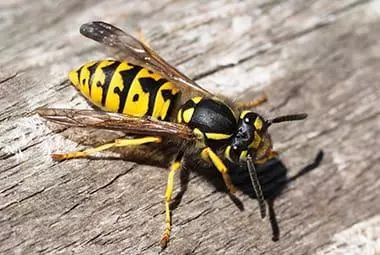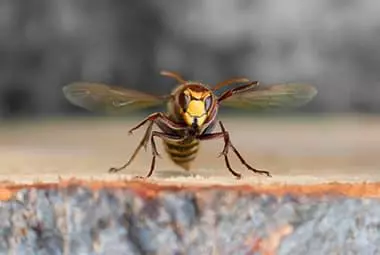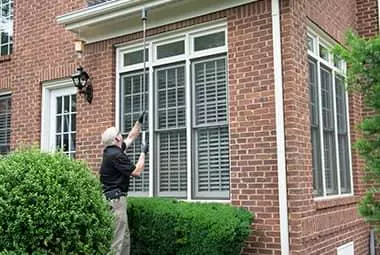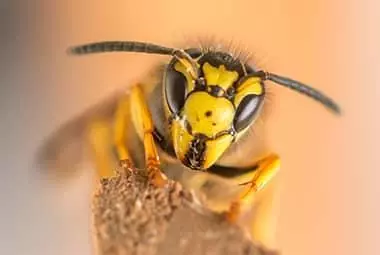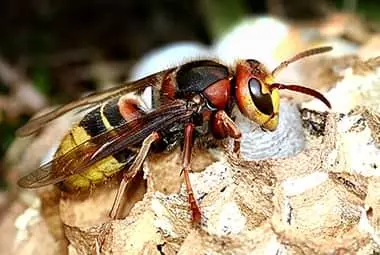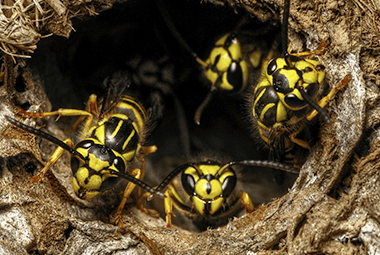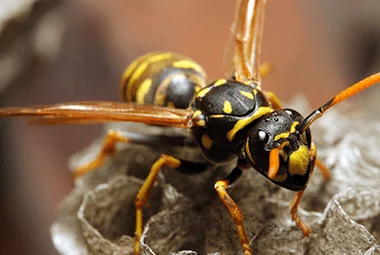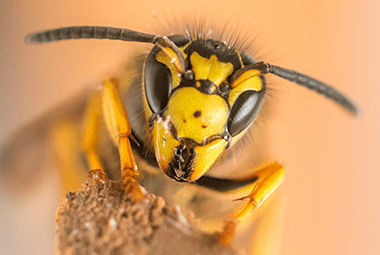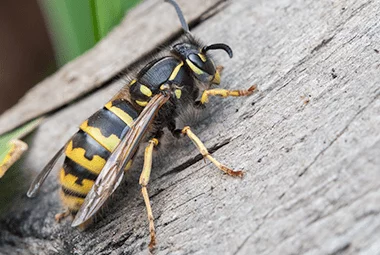First of all, relax. If you’re in Knoxville, you don’t need to worry about these bugs at all. The largest hornets in America are the European Wasp and the Cicada Killer Wasp, which can easily be mistaken for the Murder Hornet, but they’re actually unrelated. In fact, you won’t find murder hornets in Knoxville – or anywhere else in the United States, for that matter. In 2019, however, there was a real chance that these invasive insects could have gotten a foothold in our ecosystem.
What are murder hornets, where are they found, and why aren’t they a problem for citizens of Knoxville? The experts at Russell’s Pest Control are here to share valuable insight to put your mind at ease.
Where Are Murder Hornets Found?
Asian Giant Hornets, commonly known as “murder hornets,” are native to East Asian countries like Japan, Korea, and China. They got to America by accident, probably by hitching a ride inside a shipping container.
When they made landfall in the US, murder hornets were exclusive to the West Coast, and specifically to the state of Washington. Even without preventative measures, these bugs wouldn’t have spread as far east as Knoxville; they can’t tolerate the warm and dry climates found further inland.
However, local wildlife officials didn’t take the threat lightly; even with limited spread potential, the murder hornets posed a very real threat to agriculture, and especially to native bee populations. Thanks to their efforts, the murder hornet hasn’t been spotted anywhere in the US since 2021.
Are Murder Hornets Dangerous?
Asian Giant Hornets are only dangerous to people within their limited East Asian range, and even there, they’re most dangerous to their fellow insects. Naturally, if you’re allergic to their stings, they can be very dangerous – but keep in mind that ordinary, native bees and wasps are also responsible for dozens of deaths per year.
Asian Giant Hornets have a longer stinger and stronger venom than your average hornet, which means that their sting may hurt more and for longer than usual. Even so, while their huge size and fearsome faces make them intimidating, you don’t need to be any more afraid of Asian Giant Hornets than you would any other flying, stinging insect – and if you’re in Knoxville or anywhere else in the US, you don’t need to be afraid of them at all.
No matter what kind of stinging insect you have around your home or business, the Russell’s Pest Control exterminators can help you identify and eliminate the problem.
Common Misconceptions About “Murder Hornets”
There was a lot of buzz about these bugs when they first made their way to the USA, and not all of it was true. Here we’ll clear up a few common misconceptions to set your mind at ease.
- A murderous misnomer: The first and strongest misconception about these insects is right in the name. While they’re popularly known as “murder hornets,” they’re actually called Asian Giant Hornets or Northern Giant Hornets. They got their scary moniker from their aggressive treatment of beehives. Even in small numbers, they can quickly lay waste to an entire hive of honey bees. They’re violent about it too; they kill the bees by removing their heads with their powerful jaws.
- Bugs of a feather: The Asian Giant Hornet has some lookalike species, such as the European Hornet. These are slightly smaller, though still huge compared to native hornet species at about 1.5 inches long. Unlike the Asian Giant Hornet, the European Hornet managed to get a foothold in the American ecosystem and can mostly be found in the eastern United States. However, they’ve been spotted as far west as the Dakotas.
- The Cicada Killer (or Cicada Hawk) is another similar species, also commonly found in the eastern US; they’re a similar size to the other two, but look quite a bit different. They’re also less aggressive and generally won’t sting unless provoked.
So if you’re in Knoxville and you see a really, really big hornet outside, it’s definitely not a murder hornet. It’s still plenty scary, though, and if you’re allergic to bee stings, you should definitely get out of its way.
Worried About a Hornet Problem?
Murder hornet or not, if you have a nest of bees, hornets, or wasps on your property, you probably want it gone. Luckily, if you’re in or around Knoxville, the team at Russell’s Pest Control is right there to help. With 54 years of experience in pest extermination and control, you can’t go wrong when you choose our team. Give us a call to make your pest problems a thing of the past!
